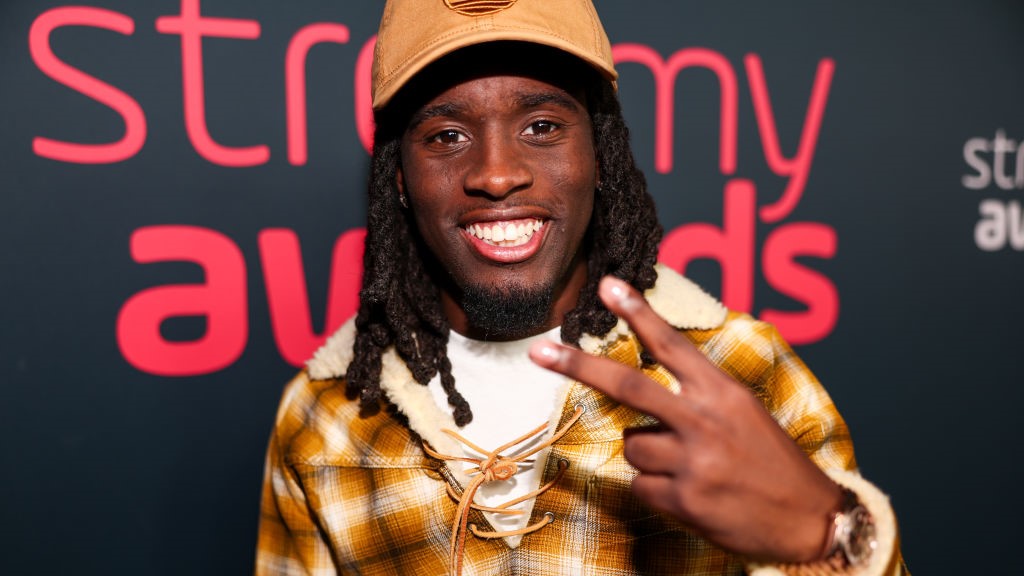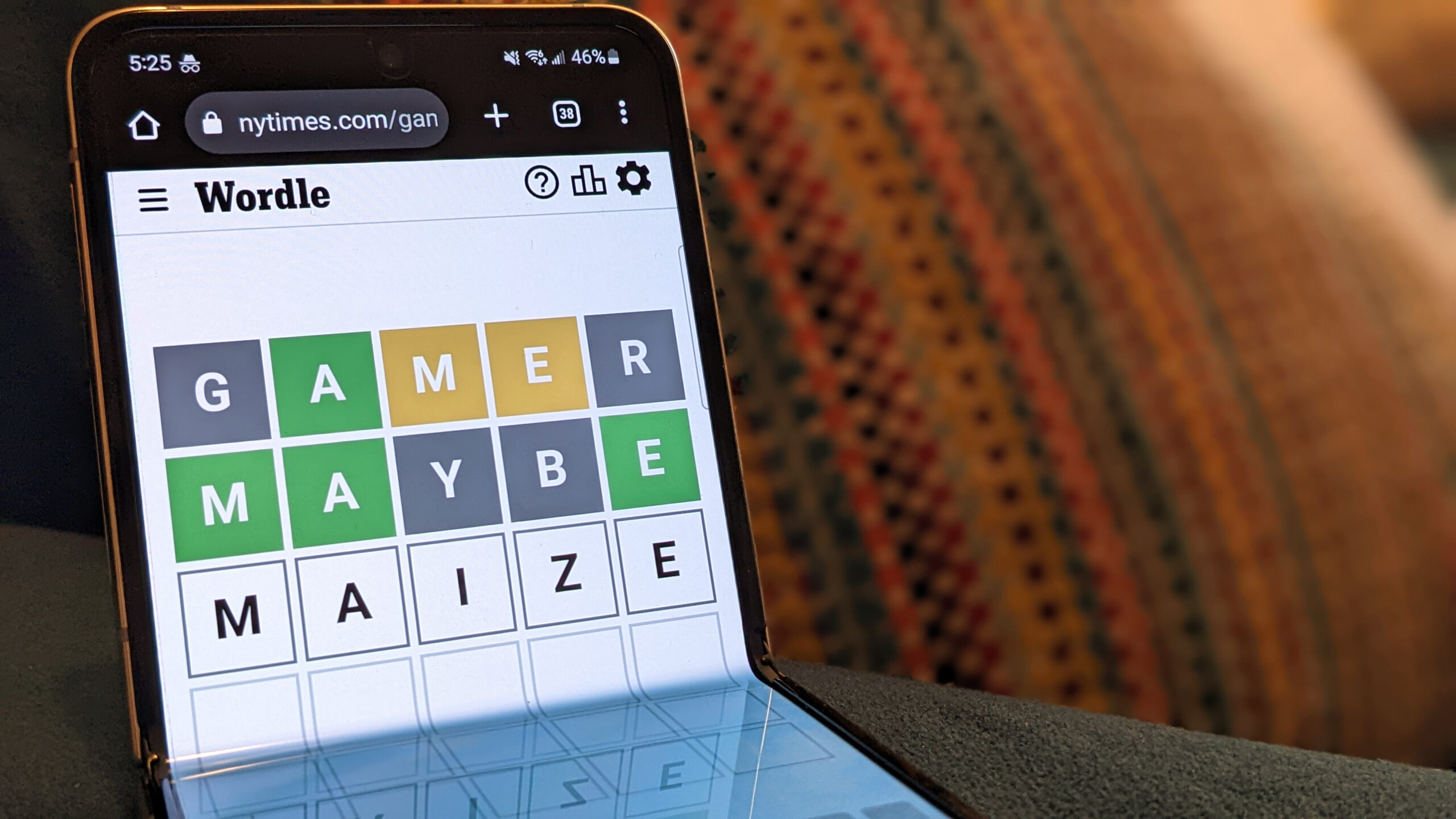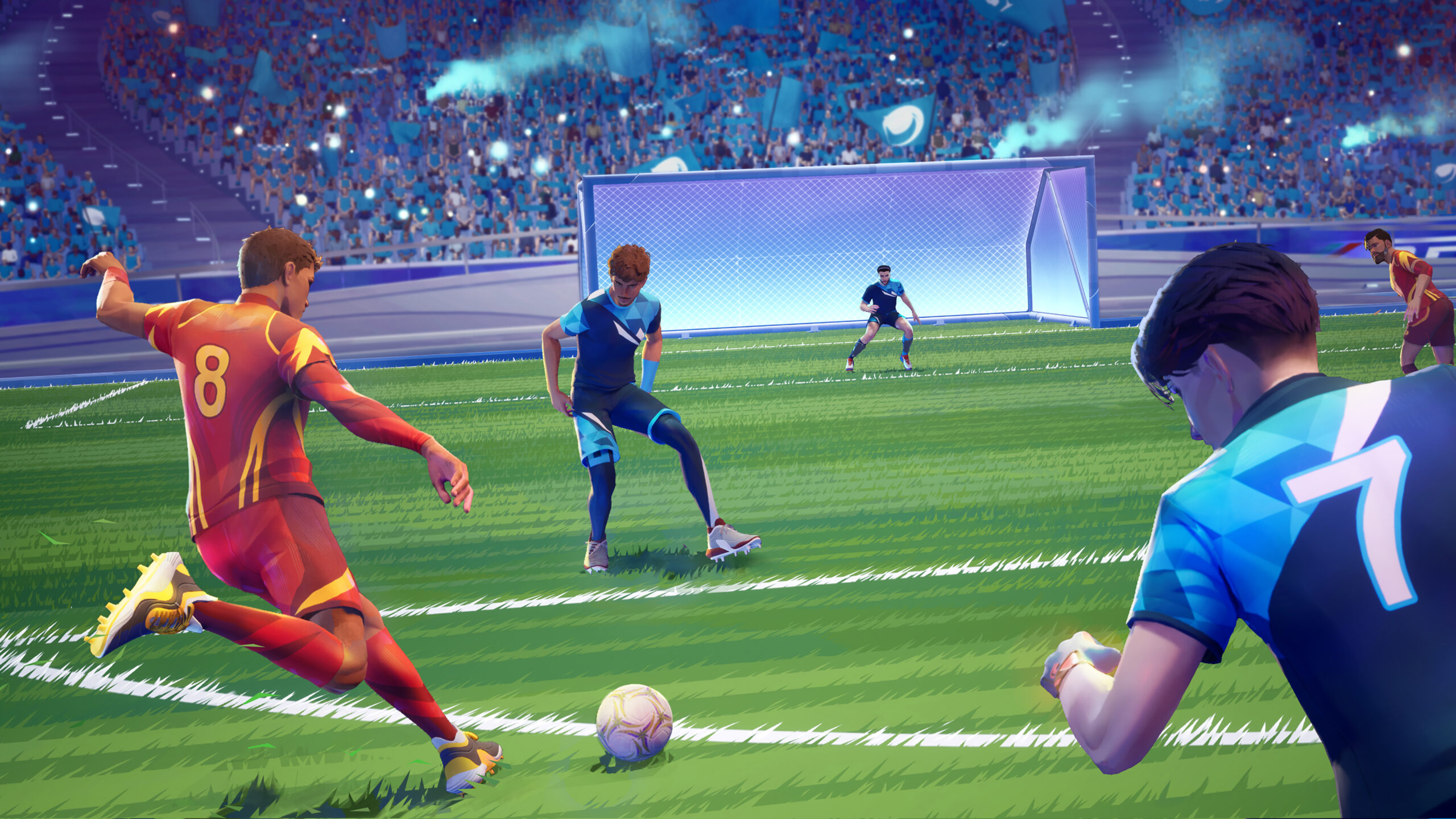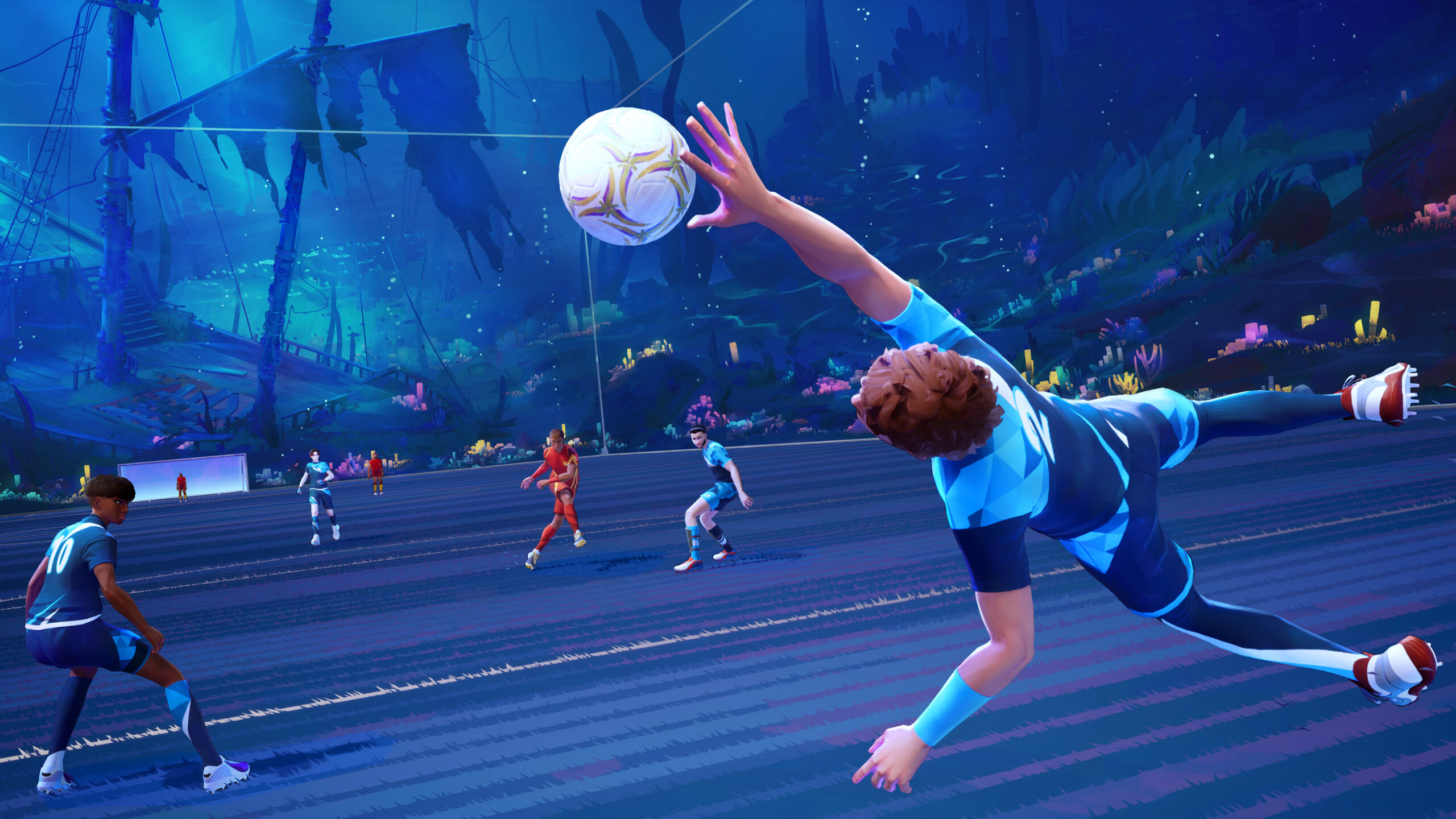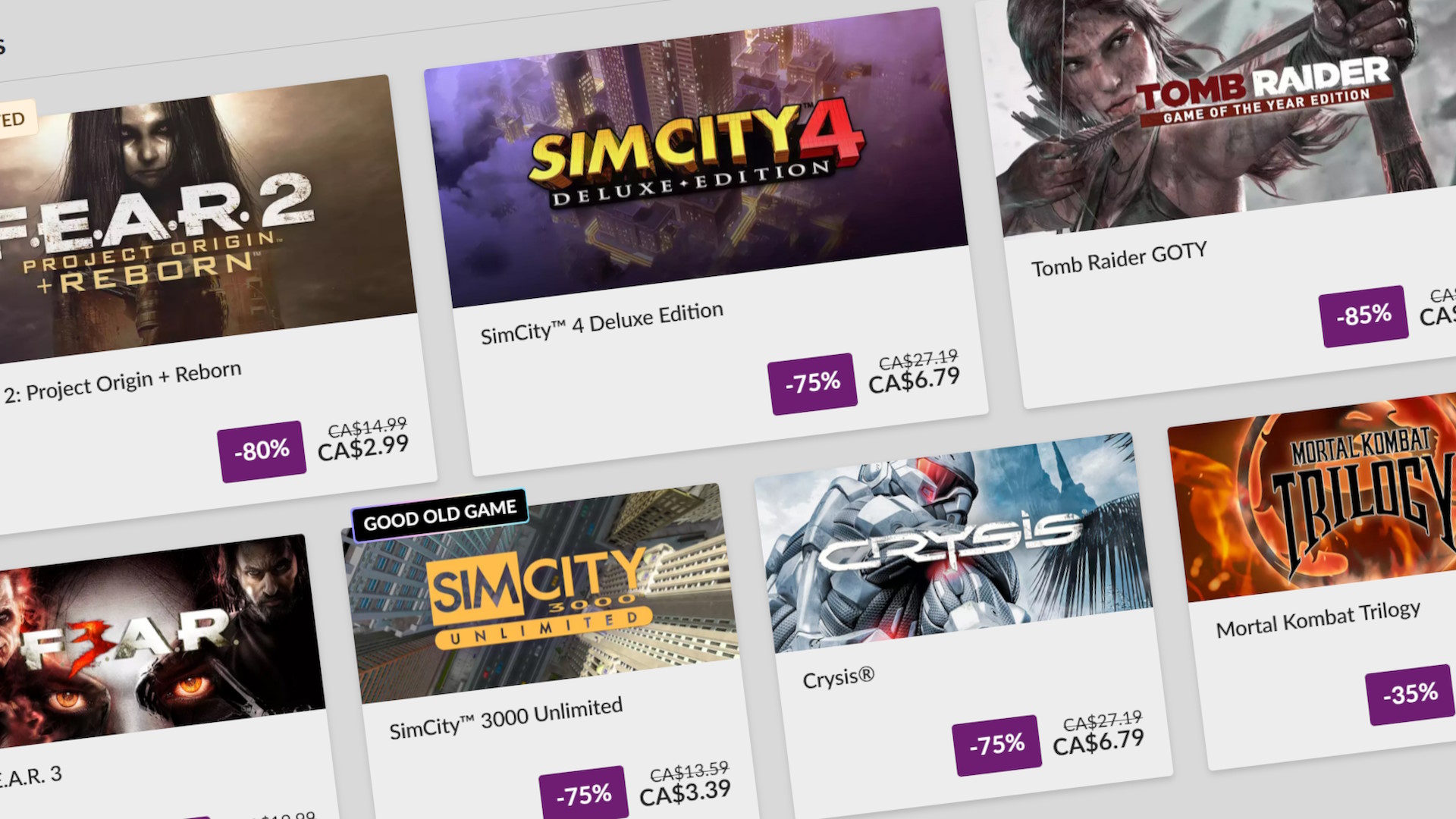Popular gaming-adjacent streamers including Kai Cenat And Mark Phillips have been named in musician Drake’s defamation lawsuit against Universal Music Group (UMG), which accuses the music publisher of spreading the “false and malicious” narrative he is a pedophile via the Kedrick Lamar track Not Like Us.
The Lamar song is a diss track, an established tradition in which rappers pop off on one another until the audience decides a winner or get bored, and is now probably the full stop on a long-running feud between the two artists. Drake had accused Lamar of domestic abuse on one of his tracks, before Lamar’s Not Like Us described Drake and his entourage as “certified paedophiles” who need to be “registered.”
Drake’s lawsuit takes aim at UMG and not Lamar himself, and claims that the publisher “chose corporate greed” by trying to create a “viral hit” out of the song when it knew the accusations against him were “not only false, but dangerous.” This is where the streamers come in.
Towards the end of the filing Drake’s lawyers claim that UMG whitelisted Not Like Us from streaming services, “for the purpose of spreading the recording, and its defamatory content, as broadly as possible and as quickly as possible” (thanks, Kotaku). It says this is notable because, to Drake’s knowledge, “UMG has a formal ban on whitelisting and had never before whitelisted a song on any platform,” but in this case it had a “massive and immediate effect” whereby “content creators rushed to republish the recording in ‘reaction-videos.'”
The suit then lists examples: Kai Cenat (11.6 million YouTube subs) posted a video which has over 9 million views; Twitch streamer RDC Gaming posted a reaction with over 4.5 million views; The CartierFamily (1.44 million subs) have 2 million views on a reaction video; No Life Shaq (4.75 million subs) posted a 14.5-minute reaction clip with 5.3 million views; and Zias! (4.94 million subs) posted a 15-minute reaction video which has 6.6 million views.
The lawyers aren’t targeting the streamers in question here: The suit is against UMG. But it is naming them and including their reaction videos as proof of its claims against UMG. That distinction is important but, of course, is going to get subsumed under the much more incendiary idea that they’re all being sued by Drake.
To be clear they are not. But what is equally clear is that this was only ever going to inspire more reaction videos from the streamers in question, and create enormous attention on Drake’s lawsuit.
“Wait, why am I in this shit,” said Kai Cenat on a January 15 stream, the day the suit was filed. “What the fuck? I’m being sued.” Cenat soon realises he’s not being sued before going on to claim that Drake had told him to “stay on stream” when the songs had been released, laughed at the idea UMG had paid him to promote Lamar’s track, and then returned to monetising his reaction video.
“I ain’t going to lie, chat,” says Cenat. “Both ways ate crazy gang. I ain’t going to lie, bro, I wasn’t even complaining, all my shit is monetized. Imma keep it a whole stack. How much views we’ve got on that bitch? 9 million? I don’t believe it! Goddamn! Are we the most viewed reaction? What the fuck!”
No Life Shaq responded by posting a YouTube video titled “DRAKE SNITCHED ON ME!” in which he accuses the rapper repeatedly of being a “snitch” on people “having fun”, and calls him “the softest n***a ever, dog.” For his part, Zias responded by calling a lawyer live on-stream to talk about launching a counter-suit against Drake.
RDC Gaming responded on a stream: “One thing I learned in my life is this dawg… The biggest Ls come from not knowing how to take an L. Some n****s just gotta take an L and move on.”
For its part UMG, which has been Drake’s record label for over a decade, has poured scorn on the star’s claims. “Not only are these claims untrue,” it said in a statement (thanks, BBC), “but the notion that we would seek to harm the reputation of any artist—let alone Drake—is illogical.”
It goes on to accuse the suit of trying “to weaponize the legal process to silence an artist’s creative expression” and noted its own role in helping Drake “achieve historic commercial and personal financial success.”
This feels something like the Streisand effect for the streaming era: Complaining in court about influencers making reaction videos is a surefire way of, erm, getting influencers to make more reaction videos. The ultimate purpose of Drake’s lawsuit, some claim, is to escape his contract with UMG: But the effect of bringing it in the way he has means that the rapper looks like a sore loser in his rap beef and, when it comes to citing influencers and their reaction videos, a bit of a bully.







